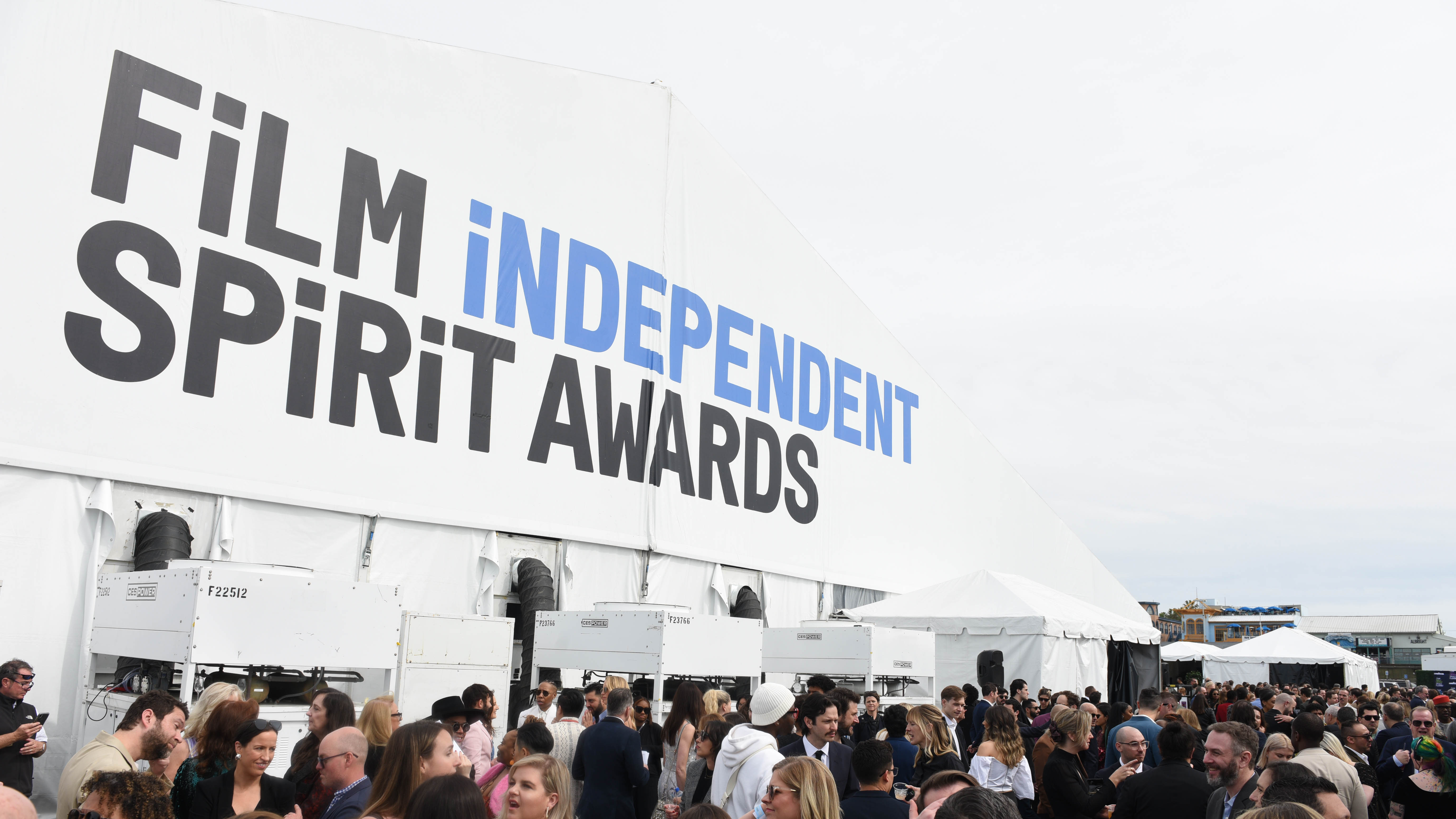Ryan O'Neal, the heartthrob actor who went from a TV soap opera to an Oscar-nominated role in "Love Story" and delivered a wry performance opposite his charismatic 9-year-old daughter Tatum in "Paper Moon," died Friday, his son said.
“My dad passed away peacefully today, with his loving team by his side supporting him and loving him as he would us,” Patrick O'Neal, a Los Angeles sportscaster, posted on Instagram.
Attempts to reach O'Neal representatives were not immediately successful.
No cause of death was given. Ryan O'Neal was diagnosed with prostate cancer in 2012, a decade after he was first diagnosed with chronic leukemia. He was 82.
“My father, Ryan O’Neal, has always been my hero,” Patrick O’Neal wrote, adding, “He is a Hollywood legend. Full stop.”
“He meant the world to me. I loved him very much and know he loved me too," Tatum O’Neal told People magazine in a statement. "I’ll miss him forever. and I feel very lucky that we ended on such good terms.”
O'Neal was among the biggest movie stars in the world in the 1970s, working across genres with many of the era's most celebrated directors including Peter Bogdanovich on “Paper Moon” and “What's Up, Doc?” and Stanley Kubrick on “Barry Lyndon.” He often used his boyish, blond good looks to play men who hid shadowy or sinister backgrounds behind their clean-cut images.
Entertainment News
O’Neal maintained a steady television acting career into his 70s in the 2010s, appearing for stints on “Bones” and “Desperate Housewives,” but his longtime relationship with Farrah Fawcett and his tumultuous family life kept him in news.
Twice divorced, O'Neal was romantically involved with Fawcett for nearly 30 years, and they had a son, Redmond, born in 1985. The couple split in 1997, but reunited a few years later. He remained by Fawcett’s side as she battled cancer, which killed her in 2009 at age 62.
With his first wife, Joanna Moore, O'Neal fathered actors Griffin O'Neal and Tatum O'Neal, his co-star in the 1973 movie "Paper Moon," for which she won an Oscar for best supporting actress. He had son Patrick with his second wife, Leigh Taylor-Young.
Ryan O'Neal had his own best-actor Oscar nomination for the 1970 tear-jerker drama "Love Story," co-starring Ali MacGraw, about a young couple who fall in love, marry and discover she is dying of cancer. The movie includes the memorable, but often satirized line: “Love means never having to say you're sorry.”
The actor had at times strained relationships with three of his children, including estrangement from his daughter, squabbles with son Griffin and a drug-related arrest sparked by a probation check of his son Redmond. The personal drama often over-shadowed his later career, although his attempts to reconcile with Tatum O’Neal were turned into a short-lived reality series.
O’Neal played bit parts and performed some stunt work before claiming a lead role on the prime-time soap opera "Peyton Place" (1964-69), which also made a star of Mia Farrow.
From there O'Neal jumped to the big screen with 1969's "The Big Bounce," which co-stared his then-wife, Leigh Taylor-Young. But it was "Love Story" that made him a movie star.
The romantic melodrama was the highest-grossing film of 1970, became one of Paramount Pictures' biggest hits and collected seven Oscar nominations, including one for best picture. It won for best music.
After “Love Story” made him a major movie star, O’Neal was considered for seemingly every major leading role in Hollywood. Paramount even pushed for him to to star as Michael Corleone in “The Godfather” before Al Pacino got the part at the insistence of director Francis Ford Coppola.
O'Neal then starred for Bogdanovich as a bumbling professor opposite Barbra Streisand in the 1972 screwball comedy "What's Up, Doc?"
“So sad to hear the news of Ryan O’Neal’s passing,” Streisand, who also starred with O'Neal in the 1979 boxing romcom “The Main Event,” posted on Instagram. “He was funny and charming, and he will be remembered.”
The year after “What's Up, Doc?” Bogdanovich cast him in the Depression-era con artist comedy "Paper Moon."
In it, O'Neal played an unscrupulous Bible salesman preying on widows he located through obituary notices. His real-life daughter, Tatum, played a trash-talking, cigarette-smoking orphan who needs his help — and eventually helps redeem him.
Although critics praised both actors, the little girl's brash performance overshadowed her father's and made her the youngest person in history to win a regular Academy Award. She was 10 when the award was presented in 1974. (Younger performers such as Shirley Temple have won special Oscars.)
The elder O'Neal's next major film was Kubrick's 18th century epic "Barry Lyndon," in which he played a poor Irish rogue who traveled Europe trying to pass himself off as an aristocrat.
Filming the three-hour movie was tedious work, however, and Kubrick's notorious perfectionism created a rift between him and the actor that never healed.
O'Neal then reteamed with Tatum in Bogdanovich's early Hollywood comedy "Nickelodeon" (1976). But the film was a flop and they never worked together again. An attempt to capitalize on his "Love Story" character, Oliver Barrett, with the sequel "Oliver's Story" (1978) resulted in another flop.
Father and daughter drifted apart as Tatum O’Neal grew older, with the elder actor learning about his daughter’s marriage to tennis great John McEnroe by a belated telegram, Ryan O’Neal wrote in a 2012 book about his relationship with Fawcett.
“A door inside me locked the morning the telegram came, and I am still blindly searching for the key to open it,” O’Neal wrote in “Both of Us.”
O'Neal's career cooled further in the 1980s with the emerald heist drama "Green Ice" (1981) and the 1984 comedy "Irreconcilable Differences," in which he played a busy father in an unhappy marriage whose daughter, played by 9-year-old Drew Barrymore, tries to divorce her parents.
The decade was also a low-point in O'Neal's personal life. His son Griffin faced numerous brushes with the law, including a 1986 boating accident that killed Gian-Carlo Coppola, 23, son of movie director Francis Ford Coppola in Maryland. Griffin O’Neal was convicted of negligently and recklessly operating a boat, received a community service sentence and later served a brief stint in jail as a result.
With his Hollywood status diminishing, Ryan O'Neal began appearing in TV movies and eventually returned to series television opposite then-lover Fawcett with the 1991 sitcom "Good Sports," but the show ran only one season.
Both acknowledged the work put a strain on their relationship.
"We get into fights," O'Neal said in 1991. "She's tough. She expects to be treated well. On a set that can get lost when you're trying to create a moment and you're fighting the clock."
O'Neal began accepting more supporting roles with the 1989 film "Chances Are." He began a second career as a character actor, playing a husband who hires a hitman to kill his wife in "Faithful" (1996) and a mysterious tycoon in the blackmail comedy "Zero Effect" (1998).
By then his relationship with Fawcett had ended, although they remained close and eventually rekindled their romance in the 2000s. The volatile O’Neal family dynamics that had taxed their relationship before, however, remained.
In 2007 the elder O'Neal was arrested in 2007 for alleged assault and firing a weapon in an altercation with Griffin, but charges were never pursued. Their son Redmond was repeatedly arrested, jailed and spent several years in court-mandated rehab.
A probation check on Redmond O’Neal in September 2008 at his father’s Malibu home led to the actor’s arrest for methamphetamine possession. Ryan O’Neal pleaded guilty to the charge and entered a drug diversion program, but he publicly denied the drugs were his. He said he confiscated them from his son and was trying to protect him.
Charles Patrick Ryan O’Neal was born on April 20, 1941, and was the son of screenwriter Charles O'Neal and actor Patricia Callaghan O'Neal. O'Neal spent time as a lifeguard and an amateur boxer before finding his calling as a performer.



